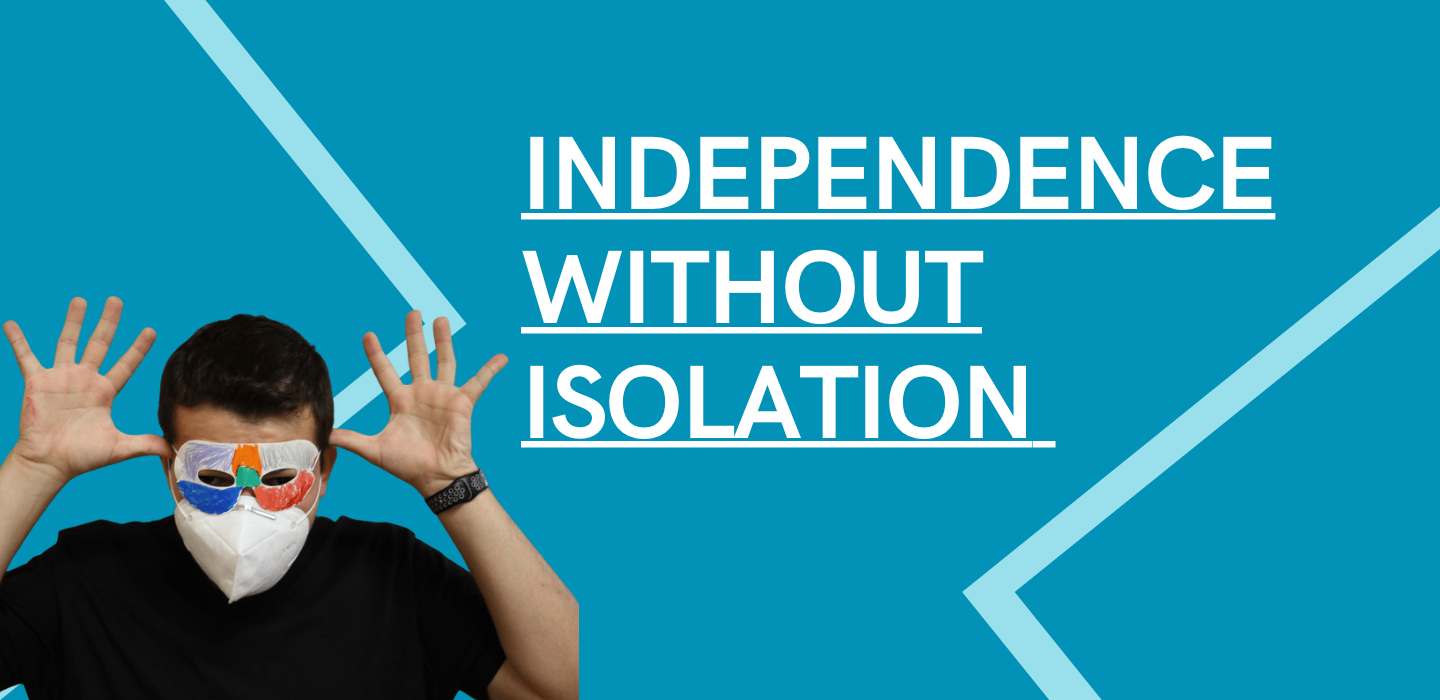Self-Determination refers to the process of making things happen in one’s own life. Self-determined action involves the capacity, the needed supports, and the opportunity provided for making choices, setting goals, solving problems, and making decisions. These choices and decisions may be related to where a person lives, whether the person has a job, and how the person spends leisure time.
The process of becoming self-determined can start early in life as families, caregivers, and teachers engage children and youth in active learning and capacity building over time. Self-determination is an active process that beyond individual abilities, often requires both family advocacy and self-advocacy, when appropriate, to support a desired quality of life over time. -Beach Center on Disability
Self-determination is an idea that includes people choosing and setting their own goals, being involved in making life decisions, self-advocating, and working to reach their goals. Although people often say it, self-determination is really not about control. It is about taking action in your life to get the things you want and need. For example, if someone says: “If you do this I’ll give you a soda” even if you decide to do it you are not the person who took the action in the first place. Self-determination is when you set things up to get what you want. It is important to understand that self-determination usually contributes to positive results in areas like employment, education, community living, and improved quality of life. (Wehmeyer et al., 2003)
Self-Determination and Individuals With Significant Disabilities: Examining Meanings and Misinterpretations (Wehmeyer, Michael L., 1998)
There appears to be a belief held by many people, both in the field of disability services and among people in the general public, that self-determination is a topic not relevant for people with significant disabilities. This article reviews how the term has been defined and conceptualized, examines misperceptions of the term that may have contributed to the exclusion of people with significant disabilities, and seeks to find common ground to move forward to promote self-determination for people with significant disabilities.-Center for Excellence in Disabilities
Self-Direction gives you (self-determined individual and support circle) the chance to choose your own services so you can live the life you want. When you self-direct your services, you have increased flexibility to choose the right supports for you, the staff you want to work with and a schedule that works best for you. This gives you more control over how you want to structure your life.-Office for People With Developmental Disablities (OPWDD)
Things you can self-direct (per OPWDD):
Visit the OPWDD Website for more information and resources
